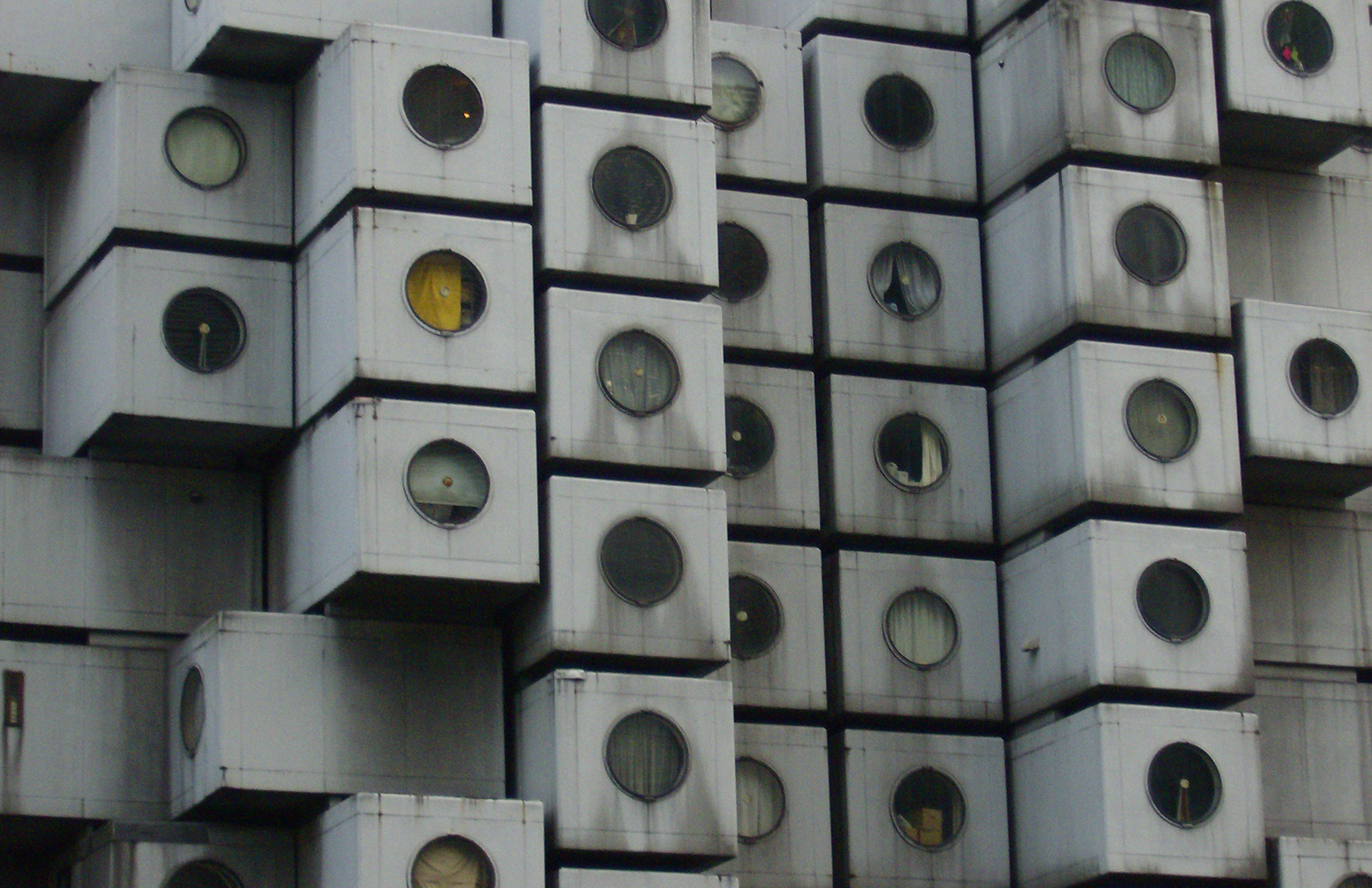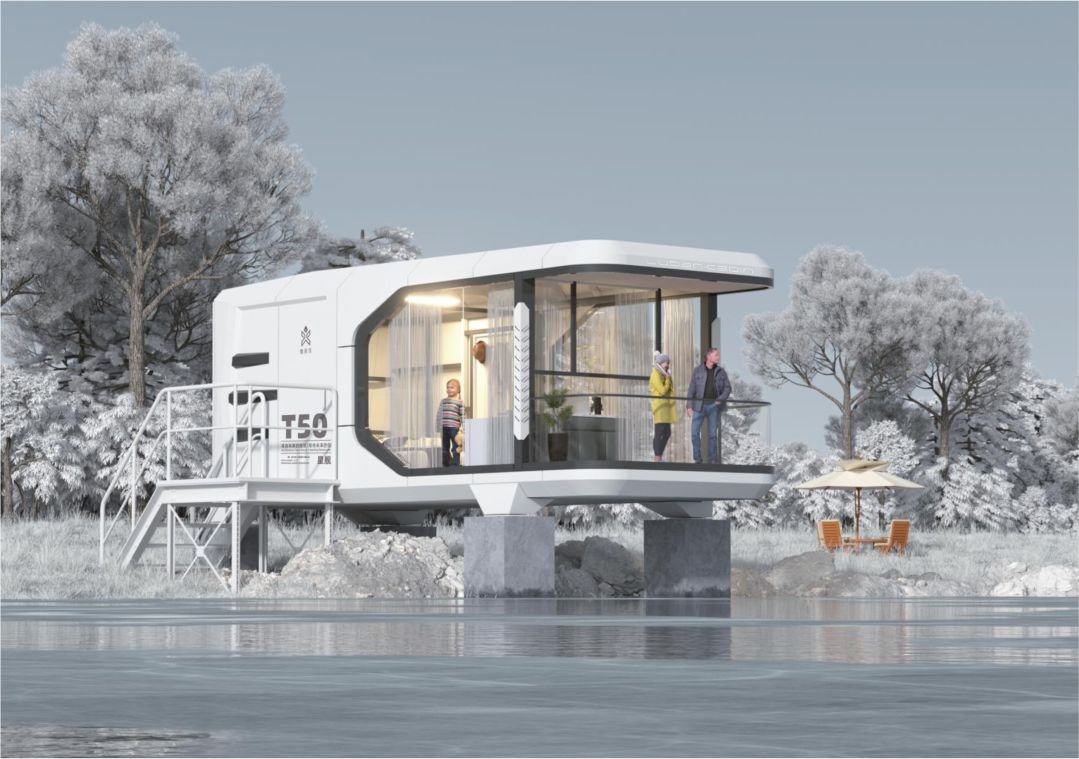Discover the Unique Appeal of Capsule Homes Australia for Eco-Friendly Living
Wiki Article
Why Modular Homes Are the Future of Lasting Living
Modular homes are increasingly identified as a critical option for sustainable living, offering a blend of performance, cost-effectiveness, and ecological advantages. Their building and construction in regulated atmospheres dramatically minimizes waste and improves precision, while the possibility for incorporating innovative energy-efficient systems positions them as a forward-thinking alternative in real estate. The versatility of modular styles enables for the integration of sustainable innovations and materials customized to private demands. As we navigate the difficulties of urbanization and ecological sustainability, one must think about how these homes can redefine our approach to living areas.Ecological Benefits of Modular Homes
The ecological benefits of modular homes represent a substantial step toward lasting living. These homes are built in regulated factory setups, which dramatically minimizes waste created throughout the building procedure. By enhancing materials and minimizing excess, modular building and construction adds to an extra efficient use sources contrasted to standard building methods.Furthermore, modular homes are usually created with energy performance in mind. Numerous incorporate advanced insulation strategies, energy-efficient windows, and sustainable materials, adding to lower power intake. This can lead to lowered greenhouse gas discharges over the lifespan of the home, improving its total environmental profile.
The ability to transportation and construct modular elements on-site likewise reduces the carbon footprint related to building and construction logistics. Several modular homes are constructed to be adaptable and quickly upgradeable, enabling house owners to execute lasting innovations, such as solar panels and energy-efficient home heating systems, over time.
Eventually, the environmental benefits of modular homes not only promote lasting living however additionally motivate a more accountable technique to real estate development, straightening with global efforts to combat environment adjustment and protect all-natural sources for future generations.
Cost-Effectiveness and Affordability
Building a home commonly stands for one of the biggest economic investments individuals make in their life time, and modular homes use a compelling service for those seeking cost-effectiveness and cost. One of the key advantages of modular homes is their reduced building and construction costs contrasted to traditional site-built homes. The streamlined production procedure enables for considerable savings on labor and materials, which translates to decrease rates for consumers.Additionally, modular homes typically have much shorter construction timelines. This not just reduces expenses associated with financing and insurance coverage yet additionally reduces the threats connected with rising cost of living and fluctuating market conditions. Lots of buyers discover that modular homes can be customized to fit their budgets without sacrificing quality or style.
Moreover, energy performance is typically constructed into the style of modular homes, resulting in reduced energy costs in time. Numerous producers focus on lasting products and practices, even more enhancing the lasting financial practicality of these homes. Overall, the mix of first expense financial savings, fast building and construction, and continuous energy performance makes modular homes an attractive choice for those wanting to invest in lasting living without breaking the financial institution.
Effectiveness in Building
Modular homes not only use economic advantages but likewise master construction effectiveness. The modular structure process entails the simultaneous construction of modules in a manufacturing facility setup while site preparation occurs concurrently. This parallel technique considerably lowers the total timeline from conception to completion, frequently reducing building time by up to half contrasted to traditional techniques.Moreover, factory-controlled environments boost quality control. By utilizing precision manufacturing techniques, modular homes are developed to specific requirements, reducing waste and mistakes. This consistency not just brings about a better item but likewise contributes to sustainable techniques by minimizing material waste throughout construction.
Additionally, the usage of modern-day innovation and automation in the production procedure allows for quicker assembly and decreased labor prices. As soon as the modules are moved to the website, they can be effectively put together, better quickening the timeline. This structured process is not only advantageous for contractors but also lessens interruptions to the surrounding atmosphere during building.
Modification and Style Flexibility
An outstanding array of personalization options identifies modular homes, permitting house owners to tailor their living rooms to meet certain requirements and choices. This style adaptability is a hallmark of modular construction, allowing clients to pick whatever from floor strategies and area formats to fixtures and coatings. Unlike standard homes, modular designs help with a joint strategy where contractors and architects function very closely with house owners, making sure that each aspect straightens with aesthetic needs and private lifestyles.Moreover, modular homes can be quickly reconfigured or expanded, suiting transforming family members characteristics or developing individual preferences. This adaptability not only enhances the home's capability yet likewise adds to lasting sustainability, as house owners can change their areas as opposed to seek new real estate options.

Future Fads in Sustainable Housing
Arising patterns in sustainable real estate are reshaping the landscape of domestic building, emphasizing cutting-edge modern technologies and eco-friendly practices. One significant fad is the combination of smart home technology, which enhances energy efficiency through automated systems that enhance and check energy intake. This not just reduces utility expenses yet also contributes to a lower carbon impact.In addition, using lasting materials is coming to be significantly usual. Building contractors are going with reused, in your area sourced, or swiftly eco-friendly products, which reduce environmental influence and assistance neighborhood economies. Moreover, modular homes are gaining appeal for their minimized waste throughout building and construction and their flexibility to different surfaces and climates.
One more trend is the consolidation of environment-friendly roofings and living wall surfaces, which enhance air high quality and offer all-natural insulation. These attributes additionally advertise biodiversity in urban locations.
Verdict
To conclude, modular homes become an essential remedy for lasting living, offering substantial environmental benefits through reduced waste and power effectiveness. Their cost-effectiveness and cost attend to the growing housing needs in urban locations, while effective building procedures enhance total productivity. The inherent customization and style flexibility cater to diverse preferences and demands. As trends in sustainable housing advance, modular homes are positioned to play a crucial role in promoting green living techniques for future generations.Structure a home typically stands for one of the biggest economic investments individuals make in their life time, and modular homes use an engaging solution for those seeking cost-effectiveness and cost. One of the key benefits of modular homes is their lower construction prices compared to conventional site-built homes. Overall, the combination of initial cost click here now savings, rapid building, and ongoing energy effectiveness makes modular homes an appealing choice for those looking to spend in sustainable living without breaking the bank.
Eventually, the personalization and design flexibility provided by modular homes make certain that they read here are not simply frameworks, but customized havens that reflect the special identities of their residents while advertising lasting living practices.

Report this wiki page